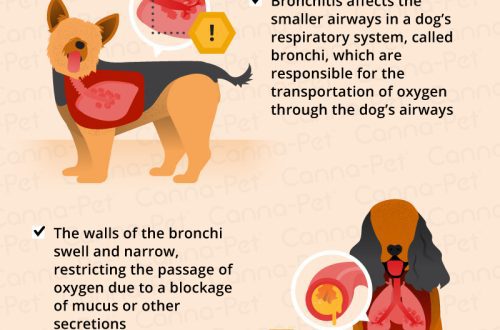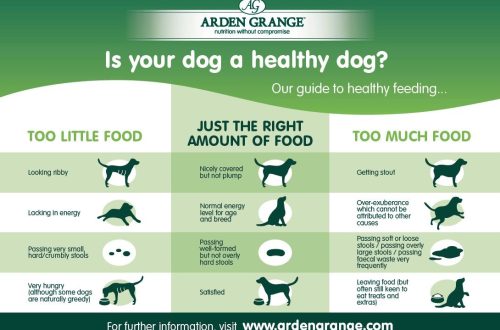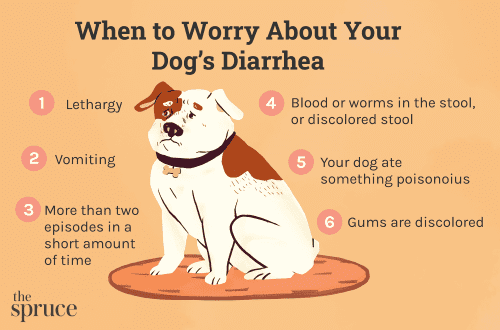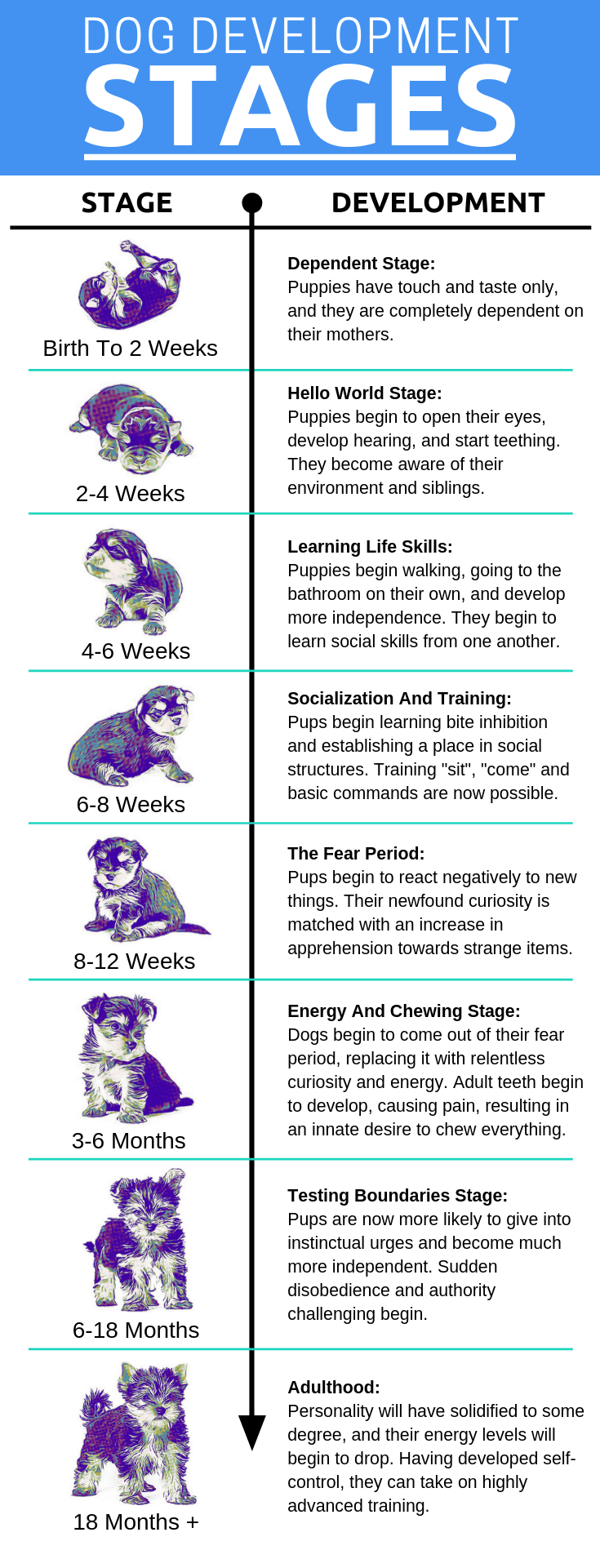
Puppy Development Stages
It is extremely important for owners to understand how a puppy develops, what can and cannot be done at a particular age. What developmental stages does a puppy go through?
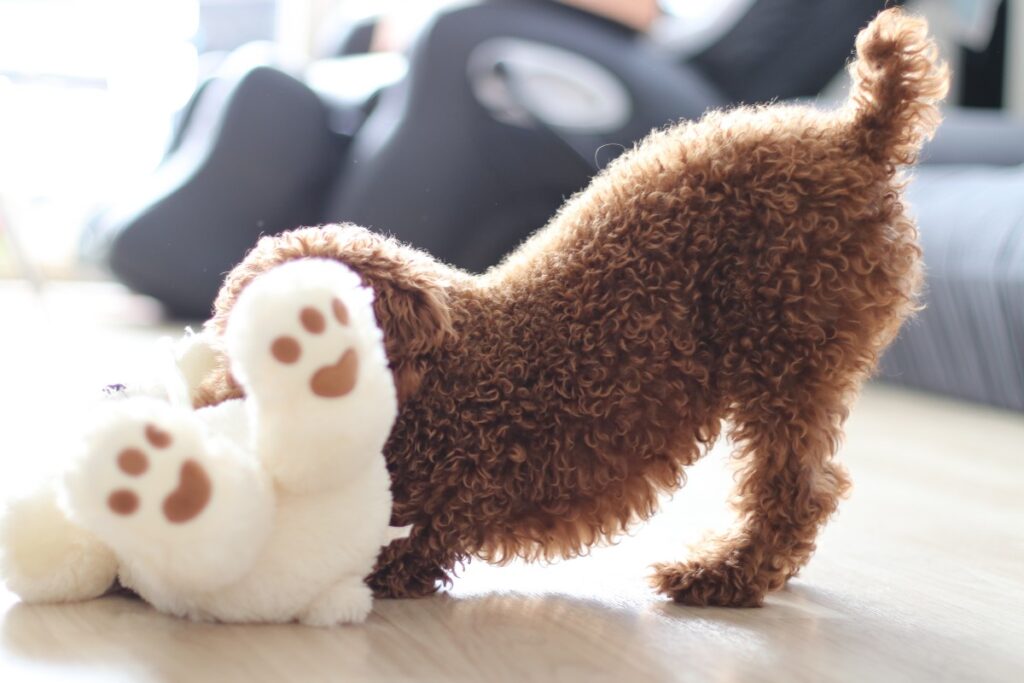
- 3 – 8 weeks – awareness of belonging to the species. The puppy understands that he is a dog. And during this period it is important to be able to communicate with fellow tribesmen.
- 5 – 6 weeks – orientation in space. During this period, the puppy is very attached to his mother, brothers and sisters, and it is still impossible to give him to another house.
- 5 – 9 weeks – acquaintance with different subjects. At this age, it is easy to teach a puppy to a collar, a leash and touching the body with various objects (comb, nail cutter, etc.)
- 7 – 8 weeks – the puppy is ready to move. This is the time when the baby can be most painlessly transported to new owners. It is important that the new owner regularly picks up the pet.
- 8,5 weeks – the beginning of accustoming to cleanliness. It is extremely important that during this period the puppy does not live in a cramped space. He should be able to defecate in a place other than where he sleeps and eats.
- 2,5 months – the beginning of training. You can start regular training with the puppy (using positive reinforcement, in the game). And every day, little by little, teach him to be alone.
- 3 months is the age of fears. It is best to have the puppy outside before this time.
- 3,5 – 4 months – the development of attachment to the owner. It is very important to let the puppy follow you, play with him, communicate and train him. Until 6 months of age, puppies should not be left on overexposure.
- 2,5 – 7 months – active development of the environment. It is very important to walk your puppy a lot and let him explore the world. If the puppy lives in an apartment, then the concept of “too many walks” starts from 5 – 7 hours, anything less than this is not much.
- 4 – 8 months – toilet training on the street. It’s time to pay more attention to this.
- 6 – 8 months – puberty begins. Other dogs no longer perceive your four-legged friend as a puppy, so it is important to learn how to properly “resolve” possible conflicts with relatives.
- 8 – 9 months – the puppy may begin to show submission to the place and out of place. If you notice that the pet reacts strangely to commands, it is worth returning to the “nursery group” and using the hover to remind the puppy what is required of him. It is also worth finding a middle ground in the requirements of discipline.
As a rule, after about a year of the appearance of a puppy in your home, the situation becomes stable. You can already predict his behavior, got used to each other’s features and learned to live together.



